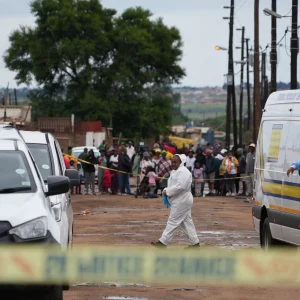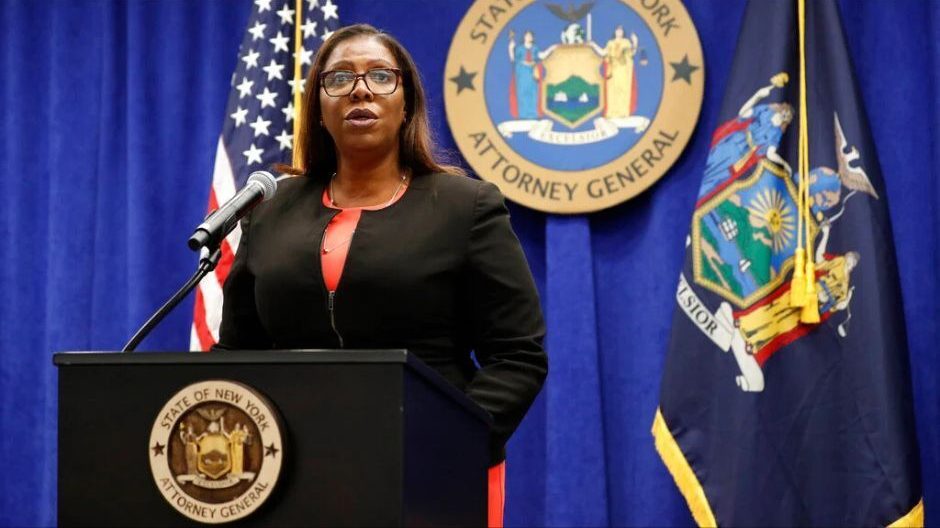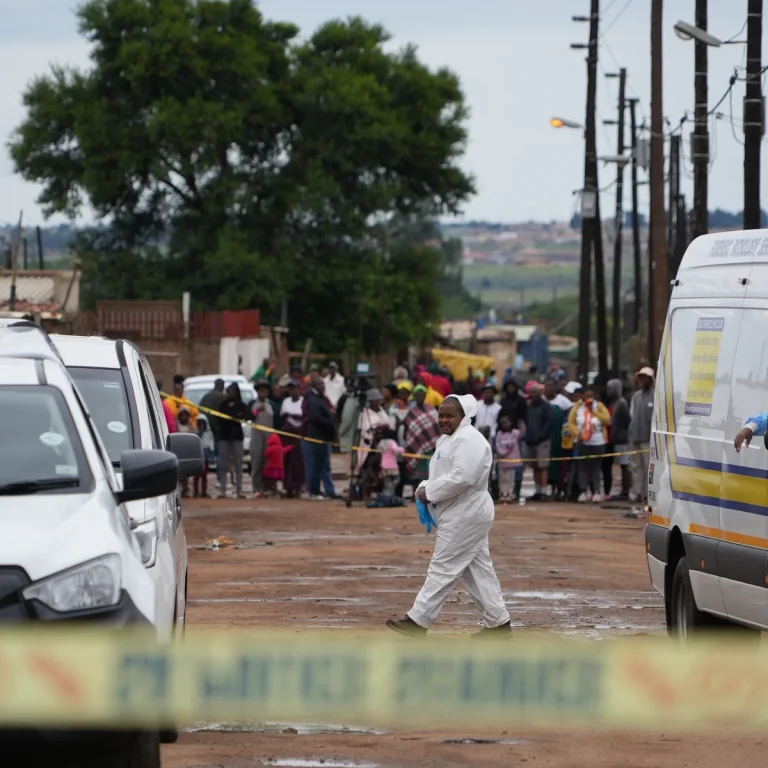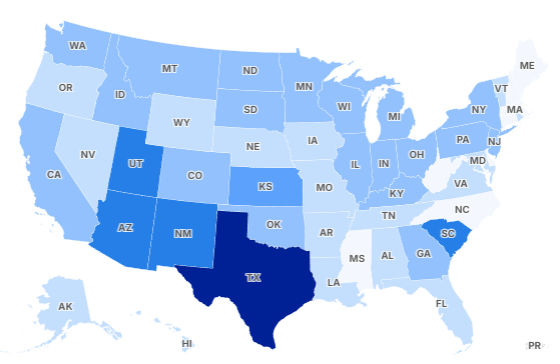Letitia James Stumbles Badly When Pressed on Why Criminal Migrant Was Free to Shoot Agent
A tense and uncomfortable moment played out live on CNN this week that has since gone viral — and for good reason.
New York Attorney General Letitia James, one of the nation’s most high-profile progressive officials, sat down with CNN anchor Brianna Keilar for what was supposed to be a routine discussion about immigration policy. But what unfolded instead left viewers stunned — and left James visibly struggling to respond.
At the center of the confrontation was a violent and deeply troubling case that has shaken many Americans: the shooting of a U.S. Border Patrol agent — in the face — by a previously deported Dominican felon who somehow managed to remain free in New York City, despite a history of arrests and a lawful deportation order.
And when James was asked, point blank, how this man was still walking the streets, her answers raised more questions than they answered.
A Shocking Crime… and a Staggering Oversight
According to reports, the man behind the shooting, Miguel Francisco Mora Nunez, had been previously deported, only to re-enter the United States illegally. Despite multiple arrests, he was living in New York — a sanctuary jurisdiction — and was not turned over to federal immigration authorities.
That decision would end in near-tragedy when Mora Nunez allegedly shot a U.S. Border Patrol agent in the face, sparking national outrage and renewed scrutiny over sanctuary policies in major blue states.
When confronted with the facts of this case, Letitia James attempted to pivot away, referring instead to “innocent individuals” like nannies and housekeepers — even as Keilar reminded her that Mora Nunez had a felony record and multiple arrests.
“Why should voters think this is anything but a broken system?” Keilar asked.
James’s answer? A long pause, followed by deflection and generalized statements about ICE and civil deportations.
The Mid-Article Hook: What She Didn’t Say
Here’s the moment that left viewers speechless: when Keilar pressed again — noting that both the shooter and others like him had multiple arrests after lawful deportation orders — James still refused to explain why they weren’t handed over to ICE.
Instead, she offered a vague response about “cooperating with ICE when it comes to criminal convictions” and pivoted to attacking ICE agents, accusing them of “kidnapping innocent individuals.”
Not once did she acknowledge the failure of her office — or her state — to remove a dangerous individual from the streets before he could commit a life-threatening act of violence against a federal officer.
And that silence? It spoke volumes.
A Pattern of Denial?
Letitia James’s appearance is not the first time that sanctuary city policies have clashed with public safety. Across the country, numerous high-profile crimes have been committed by individuals previously deported or with open detainers that local authorities ignored.
What makes this case different is that it targeted a federal law enforcement officer — someone tasked with protecting U.S. borders. The stakes are higher, and the implications more serious.
Yet the top law enforcement officer in New York refused to directly address the system that allowed it to happen.
Instead, James spent much of the interview defending her state’s broader immigration approach and redirecting attention away from violent offenders, focusing instead on fears about “innocent” people being caught up in ICE enforcement.
Why This Matters
This isn’t just about one case — it’s about a pattern. A pattern of policy-driven negligence, where ideology outweighs security, and where law enforcement officers — whether local, state, or federal — are left to bear the consequences.
James’s dodging and redirecting didn’t just damage her credibility — it exposed the gaping holes in a system that prioritizes political optics over public safety.
And for Americans watching at home — especially those who’ve supported common-sense enforcement and accountability — the interview was a wake-up call.
“If your policies let a violent felon roam free until he shoots a federal agent… maybe it’s time to rethink your policies.”
Final Thoughts
Letitia James had an opportunity to show leadership. To admit there were failures. To assure the public that steps were being taken to prevent tragedies like this one from happening again.
Instead, she danced around the facts, repeated talking points, and gave no real answers about why a known criminal was allowed to stay in New York and nearly kill someone.
And the American people? They noticed.

Emily Johnson is a critically acclaimed essayist and novelist known for her thought-provoking works centered on feminism, women’s rights, and modern relationships. Born and raised in Portland, Oregon, Emily grew up with a deep love of books, often spending her afternoons at her local library. She went on to study literature and gender studies at UCLA, where she became deeply involved in activism and began publishing essays in campus journals. Her debut essay collection, Voices Unbound, struck a chord with readers nationwide for its fearless exploration of gender dynamics, identity, and the challenges faced by women in contemporary society. Emily later transitioned into fiction, writing novels that balance compelling storytelling with social commentary. Her protagonists are often strong, multidimensional women navigating love, ambition, and the struggles of everyday life, making her a favorite among readers who crave authentic, relatable narratives. Critics praise her ability to merge personal intimacy with universal themes. Off the page, Emily is an advocate for women in publishing, leading workshops that encourage young female writers to embrace their voices. She lives in Seattle with her partner and two rescue cats, where she continues to write, teach, and inspire a new generation of storytellers.









